Working for a sustainable textile industry
Our commitment: The creation of products and solutions that meet the objectives of sustainable development.
Working for a sustainable textile industry
Our commitment: The creation of products and solutions that meet the objectives of sustainable development.

We ensure compliance with the objectives of the 2030 agenda. We focus on the well-being of people and care for the planet by designing products and solutions that contribute to a sustainable textile industry.
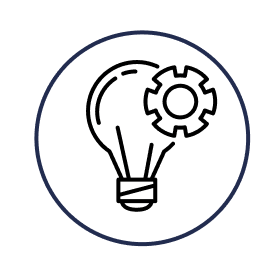
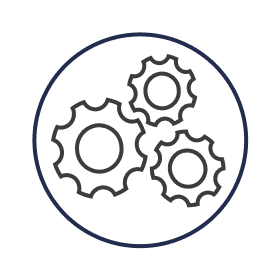
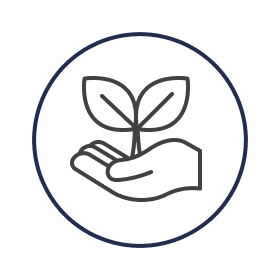

We promote the practice of efficient production, providing customers with tools to know their consumption and practice continuous improvement of their processes to reduce their environmental impact.
We work with customers who have specific climate action programs for the textile industry, ensuring reforestation, water recycling and reuse of materials.
In 2015, all United Nations Member States adopted 17 Goals as part of the 2030 Agenda for Sustainable Development. We have defined a Sustainability Plan with continuous improvement objectives and measures that fall within the framework of the 17 UN SDGs.
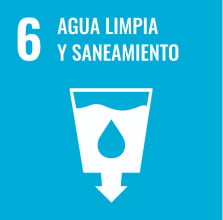
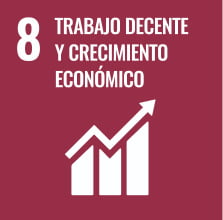
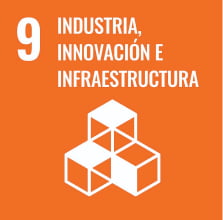
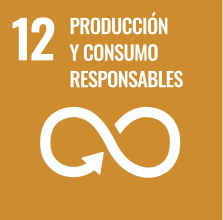
We encourage production control by introducing KPIs to help us monitor production activity. Our software includes powerful tools for the development of sustainable production with measurable objectives to implement continuous process improvement. We can measure indicators such as: